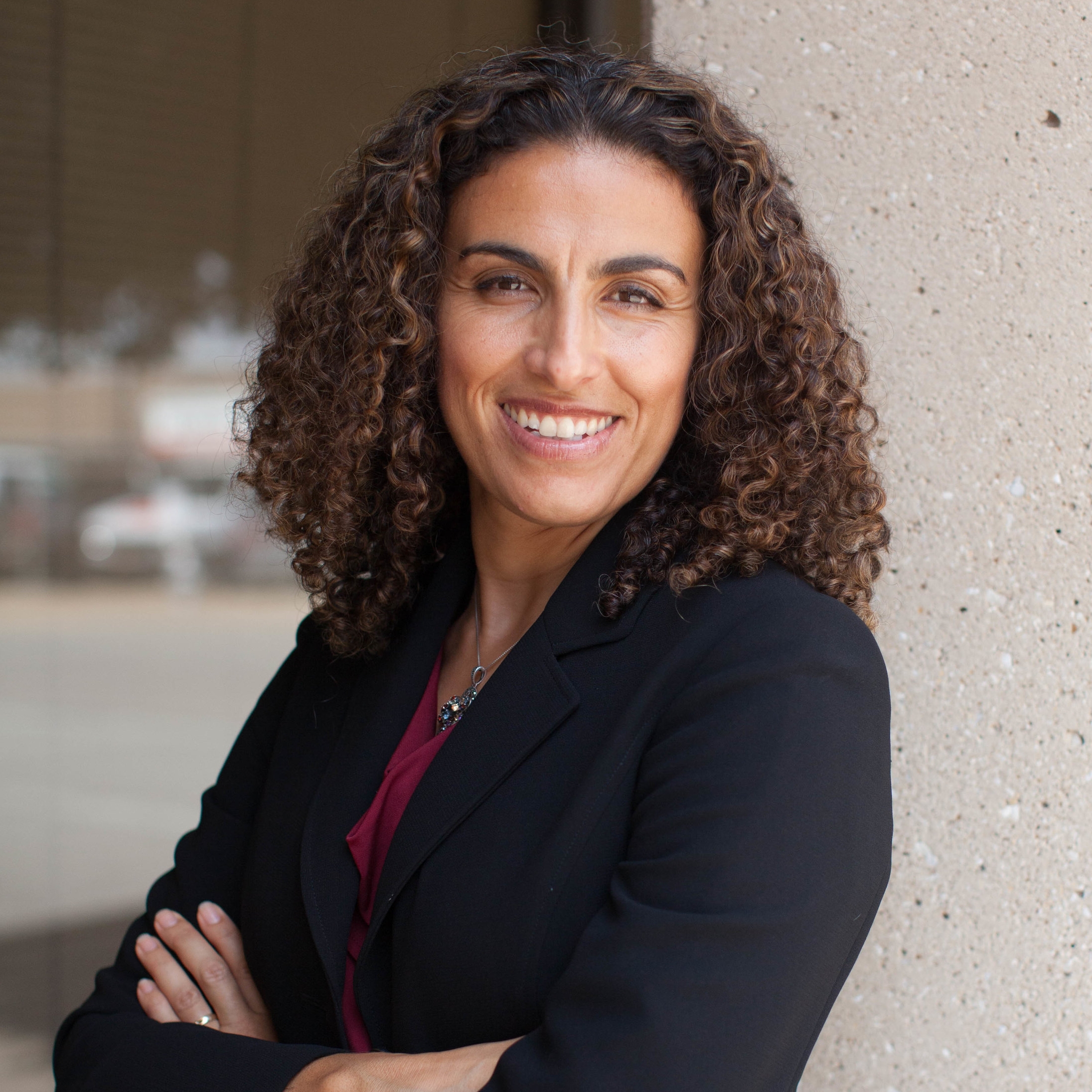What is the relationship between counterterrorism strategies and religious freedom? Would greater religious freedom in Muslim countries have prevented the rise of ISIS, al-Qaeda and their supporters, by decreasing grievances in their societies? Or would this have made counterterrorism efforts harder, by decreasing states’ control over “extremist” religious voices?
In this series of articles, we asked authors to examine these challenging questions on the relationship between religious freedom and counterterrorism efforts.
To see all articles in this series visit: Religious Freedom and Counterterrorism
The rise of terrorism conducted in the name of Islam raises questions about the relationship between religion and political violence. Professor Henne’s research astutely interrogates whether promoting religious freedom would strengthen counterterrorism coordination between Muslim majority states and the United States. He finds the more a state formally identifies as Islamic, the less it participates in international counterterrorism coordination. Assuming the research question ultimately seeks to understand how to decrease terrorism, albeit through counterterrorism coordination, I proffer we should ask a different question:
How would religious freedom decrease transnational terrorism, thereby decreasing the need for counterterrorism coordination?
The answer, I believe, lies in a nation’s level of authoritarianism. Put another way, with more democracy will come more open theological debates on sensitive public policy issues and less resort to violence to address grievances. In turn, terrorist groups will find it more difficult to manipulate religious doctrine to persuade recruits their cause is just and sanctioned by God.
A free marketplace of religious ideology will provide the political space needed for religious scholars to openly challenge on the merits Al Qaeda, ISIS, or their progeny’s twisted interpretations of Islam. A democratic environment grants the diversity of Islamic scholars the independence of thought to debate without fear of persecution by an authoritarian state. Most notably, they will be credible voices able to persuade potential recruits away from terrorists’ lethal messages rather than be dismissed as government stooges.
With most terrorism occurring in Muslim majority countries, this begs the question why these states would not grant more religious freedom if it could mean less terrorism?
If lending legitimacy to scholars who can credibly expose the theological flaws in terrorists’ reasoning could save hundreds of thousands of Muslim lives, why not grant religious institutions and scholars more freedom?
Because religious freedom is more threatening to an authoritarian regime than terrorism.
Religious freedom allows Islamic scholars to gain hundreds of thousands, if not millions, of followers. This can quickly translate into informal political power that could be deployed to challenge corruption, human rights violations, elections fraud, and other grievances long held by the population. Their ideas could prompt political parties to nonviolently challenge dictators whose policies produce the oppressive environments terrorists need to declare war on the state.
When weighing these options, an authoritarian state prefers violent opposition to effective nonviolent opposition. The former grants state violence legitimacy as self-defense while allowing dictators to obtain financial and political support from Western nations fearful the violence could spread to their borders. Ironically, the more Western nations prop up Middle East dictators, the more their citizens become targets of terrorist groups.
Counterterrorism coordination with Western nations, therefore, is a secondary concern conducted to further an authoritarian regime’s primary goal – to stay in power indefinitely.
Dictators care more about their ability to tightly control their domestic political systems than public approval for counterterrorism coordination with the West. Moreover, they do not need an incentive to engage in counterterrorism coordination if the terrorism threatens their state. Counterterrorism campaigns in Sinai, for example, have lethally killed militants and civilians because ISIS’s Sinai presence targets the Egyptian regime. This has led to increased coordination between Israel, Egypt, and the United States in intelligence sharing and military operations.
In this regard, Professor Henne’s conclusion that a government’s level of coordination is not based on Islamic beliefs is on point. And while a state’s official Islamic identity may correlate with counterterrorism coordination, the question remains to what extent an authoritarian (as opposed to Islamic) state affects coordination. Turkey may be more cooperative because it is more democratic than its Muslim majority neighbors, not because secularism is part of its modern national identity. Pakistan may be less cooperative because it is more authoritarian. Moreover, more coordination may not necessarily translate into less terrorism.
Failing to connect the lack of religious freedom with authoritarianism has troubling consequences. The repressive political environments in Muslim majority countries leave room only for the extremes in religious discourse – terrorists groups and government surrogates. And counterterrorism coordination is driven by authoritarian interests, with religious freedom antithetical to those interests.
So if Western nations are serious about improving counterterrorism coordination, if for no other reason than to shield their people from transnational terrorism, protecting indigenous forms of democratization in Muslim majority countries should be a top priority. Until that happens, promoting religious freedom to counter terrorism is a futile exercise.
Sahar Aziz is Professor of Law at Texas A&M University School of Law and a Senior Fellow at the Center for Global Policy. She is the author of Rethinking Counterterrorism in the Age of ISIS: Lessons from Sinai.
**All views and opinions presented in this essay are solely those of the author and publication on Cornerstone does not represent an endorsement or agreement from the Religious Freedom Institute or its leadership.**
THE RFI BLOG

Myths of Religious Nationalism in America and Abroad

France’s Olympic Hijab Ban Violates International Law And Exacerbates Tensions

RFI Briefs USCIRF on Lessons from 25 Years of U.S. Designating Religious Freedom Violators

Thought Police: Protecting the People from Prayer

A Religious “Delaware”: Establishing a State Haven for Religious Corporations
CORNERSTONE FORUM

Challenges to Religious Freedom in Iraq and the Critical Need for Action

Public Bioethics & the Failure of Expressive Individualism

Religious Liberty in American Higher Education

Scotland’s Kate Forbes and the March of Secularism


